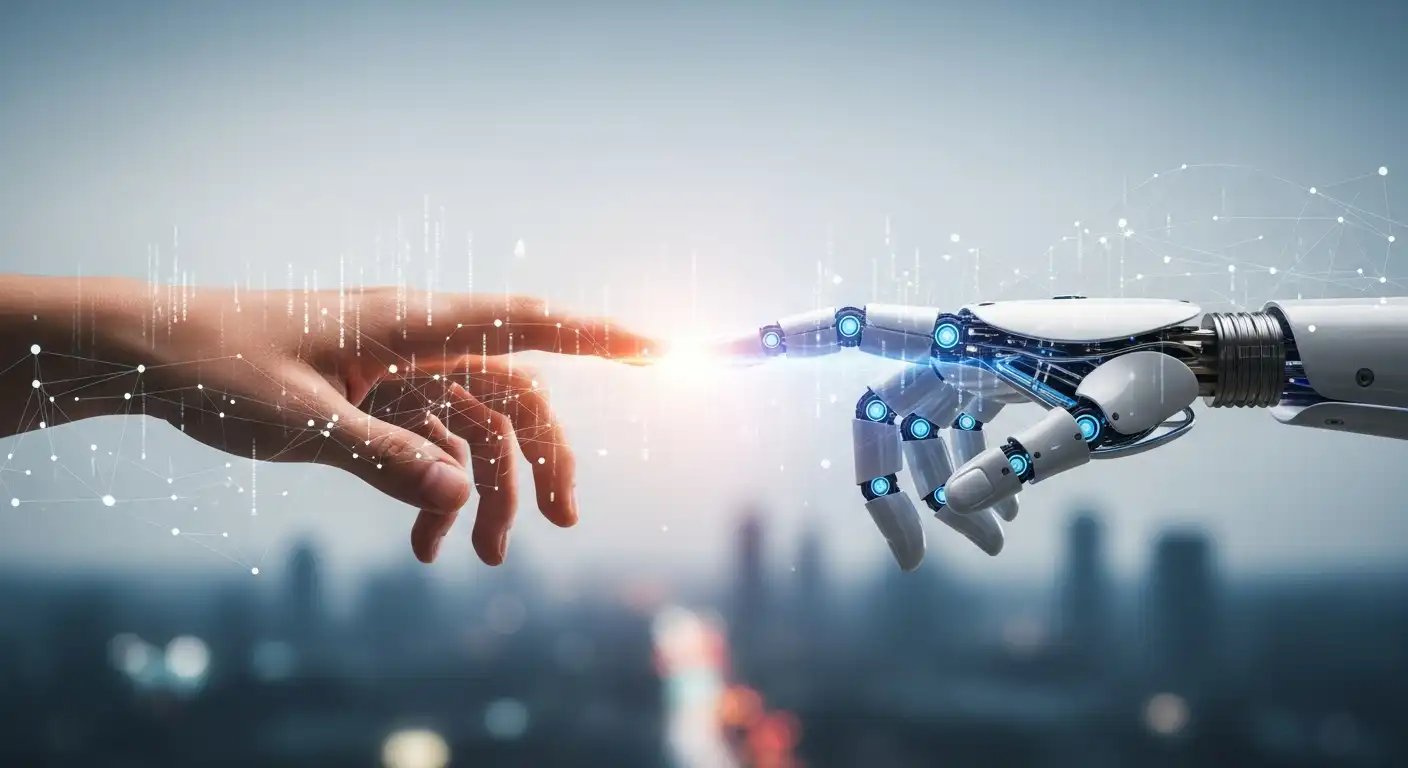Key Points
- Human-like AI marks a significant leap, aiming to replicate human intelligence, emotional understanding, and problem-solving abilities.
- Advanced AI solutions will revolutionize user experiences in healthcare, education, and other sectors through tailored, human-centric interactions.
- Ensuring responsible, unbiased AI development is crucial, as global collaboration addresses the societal integration challenges posed by Human-Like AI.
- The future promises seamless cooperation between humans and AI, blurring their boundaries and reshaping industries.
In a groundbreaking leap towards the future, artificial intelligence (AI) is undergoing a transformative shift with the advent of human-like AI, promising unprecedented interaction. It is poised to redefine how we perceive and engage with machines as we usher in a new era of technological marvels.
Human-like AI represents a paradigm shift in AI development, aiming to imbue machines with cognitive capabilities closely mirroring human intelligence. This next frontier in AI seeks to replicate humans’ analytical and problem-solving skills, as well as the emotional intelligence and contextual understanding that underpin human interaction.
One of the key hallmarks of Human-Like AI is the machine’s ability to comprehend and respond to natural language nuancedly, transcending mere pattern recognition. This leap in linguistic proficiency holds immense promise for applications ranging from customer service chatbots to virtual personal assistants, offering a more intuitive and seamless interaction experience.
Emotional intelligence is a focal point in the development of Human-Like AI, enabling machines to perceive and respond to human emotions. This capability opens the door to empathetic AI companions and support systems, particularly beneficial in healthcare and mental health applications where understanding and responding to emotions are paramount.
Integrating Human-Like AI into various industries is expected to revolutionize personalized services. From healthcare diagnostics to educational assistance, these AI systems will tailor their responses to individual user behavior, preferences, and emotions, creating a more personalized and human-centric user experience.
As with any groundbreaking technology, ethical considerations accompany the advent of Human-Like AI. Striking a balance between technological advancement and ensuring responsible, unbiased AI applications will be crucial to harnessing the full potential of transformative technology. Researchers and developers collaborate globally to fine-tune Human-Like AI, navigating challenges and ethical considerations to ensure its responsible integration into society.
The evolution of Human-Like AI holds the promise of enhancing efficiency across various sectors and forging a new frontier in human-machine collaboration that transcends conventional boundaries. In the not-so-distant future, technological marvels are poised to reshape industries, elevate user experiences, and usher in a new era where the lines between human and artificial intelligence blur, opening up possibilities once the realm of science fiction.





